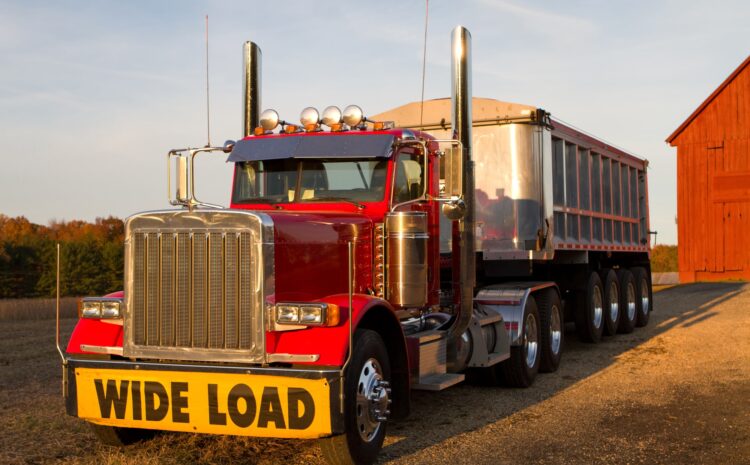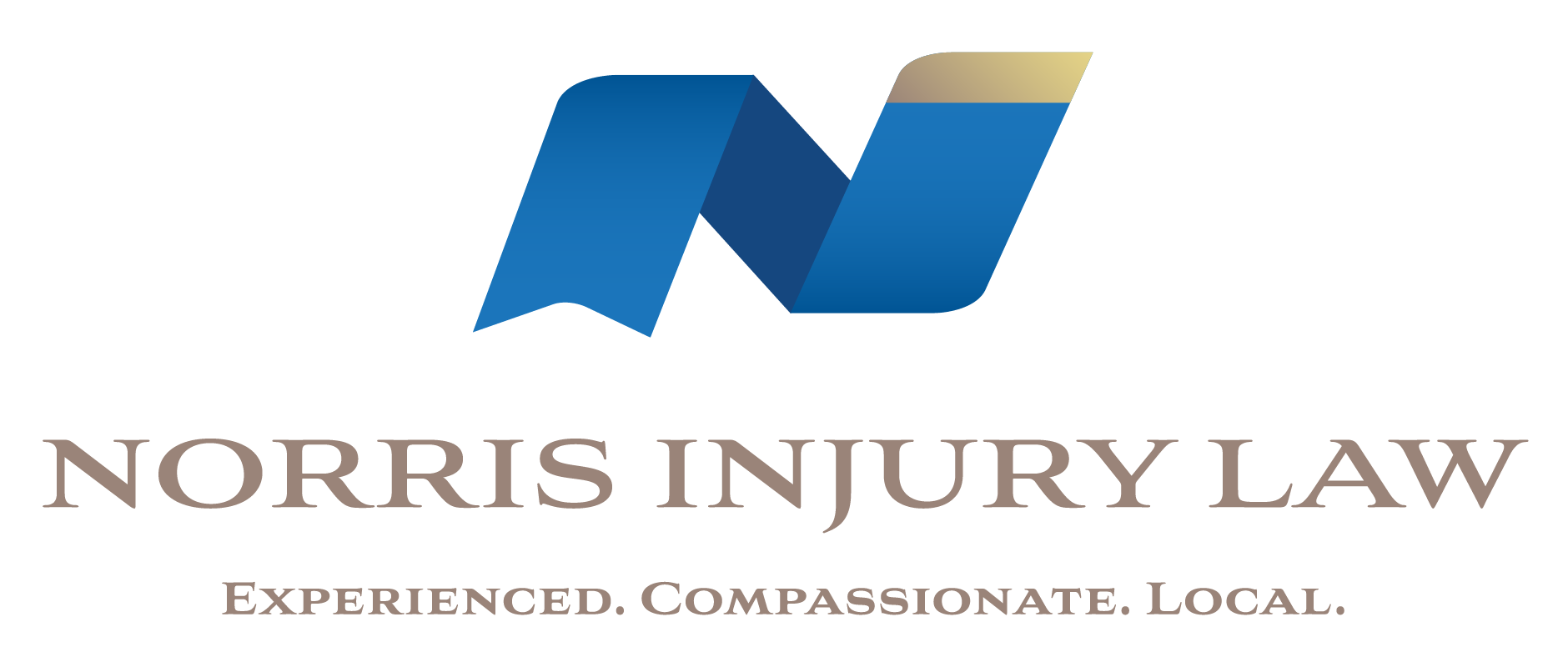
In the vast world of vehicular transportation, big rigs, often referred to as eighteen-wheelers or semi-trucks, command significant attention. Their sheer size and the potential for catastrophic accidents when things go wrong make understanding liability an essential topic. So, when an unfortunate incident involving a big rig occurs, who’s liable? Let’s delve into the complexities of big rig liability.
Who Could Be Liable?
When it comes to determining liability in big rig accidents, the process isn’t as straightforward as typical car collisions. Multiple entities are involved in the operation and maintenance of these massive vehicles.
- The Truck Driver: The most obvious potential liable party is the truck driver. If they were operating the truck recklessly, under the influence, or without adequate rest, they might be held responsible for the accident.
- The Trucking Company: In many scenarios, the company that owns the truck or employs the driver can be held accountable. They have a responsibility to ensure their drivers are well-trained, vehicles are properly maintained, and safe operation practices are followed.
- Truck Manufacturer: If a truck malfunction due to a manufacturing defect is the cause of the accident, the maker of the truck or the faulty parts might bear liability.
- Cargo Loaders: Overloading a truck or not securing the cargo properly can lead to severe accidents. In such cases, the individuals or companies responsible for loading the truck can be deemed liable.
- Maintenance Providers: Big rigs require regular maintenance. If a third-party maintenance provider overlooked an issue or didn’t perform their job correctly, they might be pulled into the liability circle.
Determining Liability
To determine who’s at fault, a comprehensive investigation is often required. This can include reviewing driver logs for signs of fatigue, checking maintenance records, and examining the wrecked vehicle for mechanical failures. Additionally, any evidence from the scene, like skid marks, debris patterns, and eyewitness accounts, can shed light on what transpired.
Liability can also be shared among multiple parties. For example, a driver might have been operating the vehicle recklessly, but a brake failure due to poor maintenance might have compounded the situation. In such cases, both the driver and the maintenance provider could share the liability.
Navigating The Legal Landscape
Big rig accident claims tend to be complex given the multiple entities involved and the high stakes. The trucking industry is governed by a plethora of federal and state regulations, adding another layer to the legal landscape.
Compensation claims can cover medical expenses, lost wages, property damage, and pain and suffering. However, to secure a just settlement or verdict, a thorough understanding of the law and a strategic approach are crucial.
Contact A Qualified Legal Team Today
Navigating the intricate web of big rig liability requires both patience and expertise. Understanding who’s at fault is only the beginning, as ensuring the responsible parties are held accountable demands legal prowess.
If you or a loved one is entangled in the aftermath of a big rig accident, seeking legal assistance should be a priority. A Winder, GA truck accident lawyer from Norris Injury Law is equipped with the knowledge and determination to advocate on your behalf. Together, we’ll chart the course towards justice and ensure you receive the compensation you rightly deserve.


